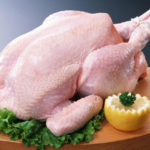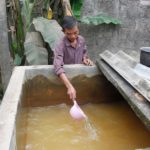Boiled chicken is a familiar and popular dish in Vietnamese cuisine. In family meals, festivals, or special occasions, boiled chicken often appears as the main dish that cannot be missed. Although it seems simple, boiling chicken perfectly, deliciously, and achieving the right standard is not easy. Many people often have difficulties when boiling chicken, resulting in tasteless meat, cracked skin, or not achieving the desired flavor.
To avoid these issues, the process of boiling chicken requires attention and adherence to the following four important steps. Just follow these steps correctly, and you will have a delicious boiled chicken with tender and juicy meat, not tough, not gamey, and especially ensuring excellent flavor for your dish:
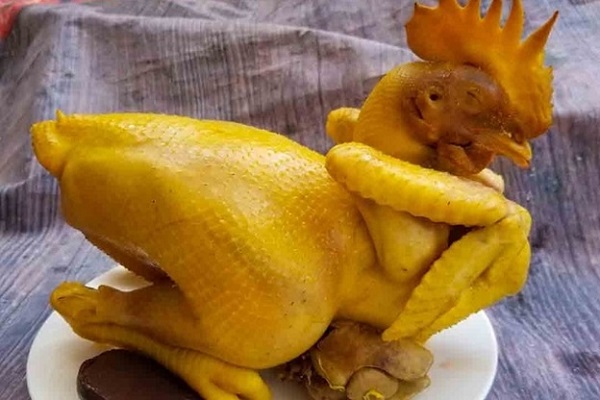
How to boil chicken with boiling water
To boil chicken well, first, you need to clean the chicken by plucking feathers and washing the inside. Next, boil water in a pot and add some chopped spring onion and minced ginger. Ginger and spring onion will help eliminate the gamey smell of the chicken.
When the water boils, place the chicken in the pot. At this point, the chicken broth will have the flavor of ginger and spring onion, which helps completely remove the gamey smell. Many people often put the chicken into cold water or wait until the water boils before boiling the chicken. However, both of these methods are incorrect. Putting the chicken in cold water will make the chicken skin become tough. Putting the chicken in boiling water can cause the skin to contract suddenly and crack, making the boiled chicken unattractive.
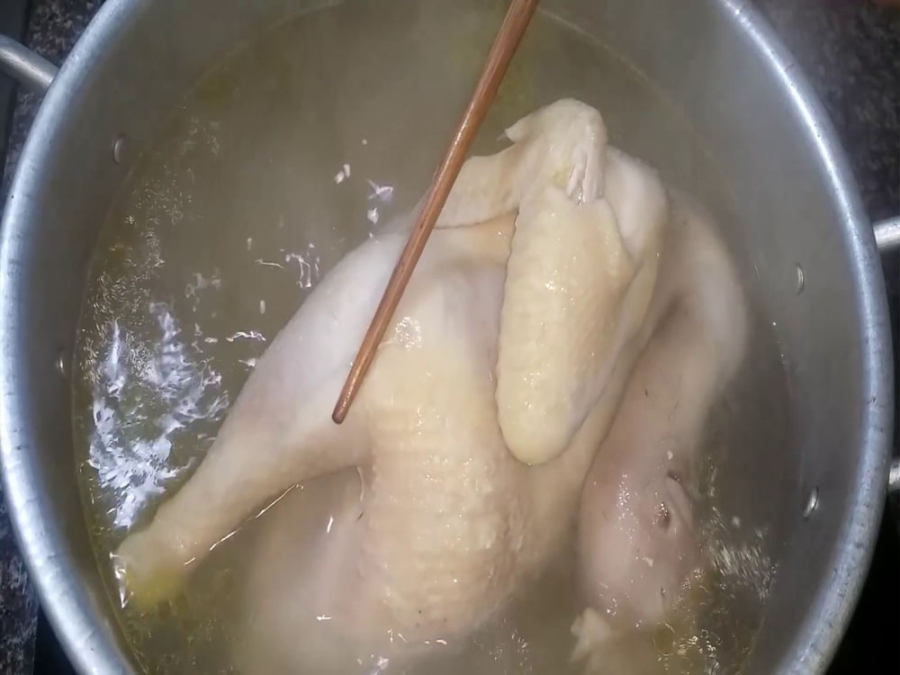
Repeat the process of dipping the chicken 3 times
After placing the chicken in boiling water, dip the chicken out for a few seconds, then put the chicken back in the hot water. Repeat this process two more times. This helps the chicken adapt to the hot water and avoids rupturing the chicken skin, making the chicken meat more flavorful.
Then, cover the pot and continue boiling for 20 minutes. When the chicken is cooked, place it in cold water. This will make the chicken skin crispier and the chicken skin will have a brighter color, making your boiled chicken dish more appealing.
Do not use too many spices when boiling chicken
Many people think that when boiling chicken, they need to add a lot of spices to remove the gamey smell. However, this is a mistake. Chicken already has its own unique aroma and sweet taste.
Using too many spices can make the natural sweetness and aroma of the chicken disappear. When boiling chicken, you just need to add a few slices of ginger and a stalk of spring onion to remove the gamey smell, and a little salt if necessary.
Note about the boiling time of chicken
To have delicious and tender chicken meat, make sure you do not cook the chicken for too long, as the chicken will become tough and dry. The boiling pot needs to be tall and wide enough to ensure that the chicken is cooked evenly. For a chicken weighing from 1.5 to 2 kg, a pot with a diameter of 28 cm is the most suitable.
If you use a pot that is too large, the chicken may contract and not look attractive. If the pot is too small, the chicken may not be cooked evenly. To boil chicken, boil the water until it starts to boil, then lower the heat. Do not use too high heat, as this can make the chicken skin contract and crack, and overcooking will make the chicken skin soft and the meat not delicious. The appropriate boiling time for chicken is from 20 to 30 minutes.
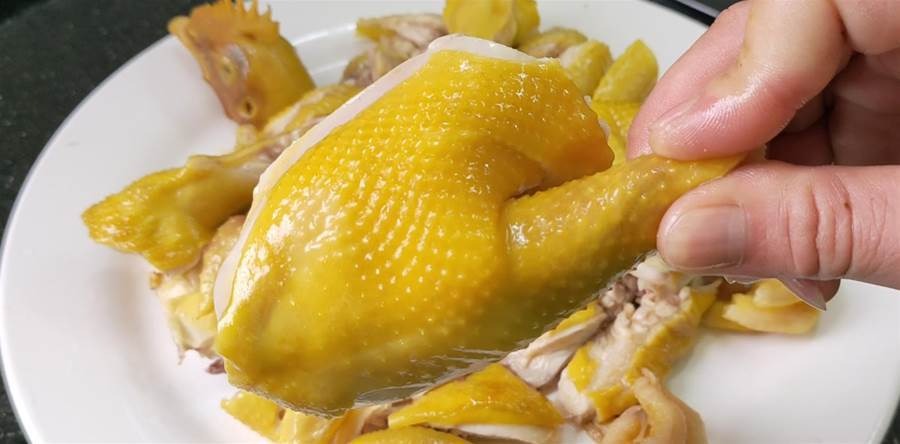
Tip to make the chicken have a golden color
Before boiling the chicken, you can take about 20-30 ml of chicken fat from the pan and mix it with turmeric, then apply it to the surface of the chicken. This helps the chicken after boiling to have a shiny yellow skin.
If you use fresh turmeric, after skimming off the fat, scoop the chicken fat out and lightly crush the turmeric before adding it to the pan and flipping it for about 30 seconds to 1 minute. Then turn off the heat and use this layer of fat to apply to the chicken.
If you use turmeric powder, pour the turmeric powder into a small cup or a small bowl, then pour the hot chicken fat from the pan into it and stir well. Wait for the fat to settle down and then use this layer of fat to apply to the chicken. This will make the chicken’s yellow color beautiful without making the turmeric smell too strong (this can happen if you put turmeric directly into the boiling chicken pot).
After removing the chicken from the boiling water, let it drain and then brush the turmeric fat on the chicken. When slicing, the chicken will look very attractive and delicious.
Celebrating Vietnam’s Thanh Minh Holiday with Traditional Cuisine
The annual celebration of T?t Thanh Minh is a time for the Vietnamese people to revere their ancestors. An important part of this holiday are the traditional dishes, such as sticky rice and boiled chicken, which have been enjoyed for generations.
Maximizing Durability and Energy Efficiency with High-Speed Kettles: Tips and Advice
Are you an electric kettle aficionado? If so, you’ll appreciate Ði?n máy Xanh’s latest offering. We’ve compiled comprehensive instructions to help you make the most of your electric kettle, including tips on how to prolong its life as well as maximize energy savings. Let’s get your kettle expertise up to date!


























